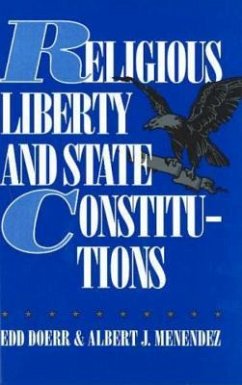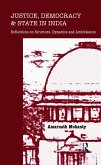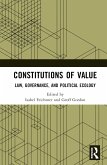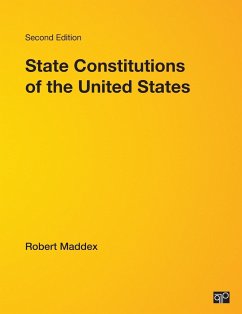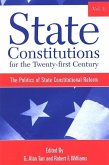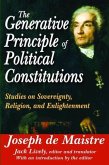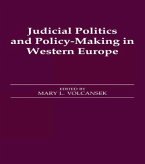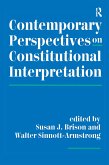In 1787, the new United States of America formulated a Constitution, which for more than two hundred years has remained the greatest single advance in the long evolution of democracy and freedom. The authors of the Constitution, fearing the religious intolerance and persecution that was typical of many European governments, deliberately avoided a church-state union and limited the federal government to purely secular matters. The First Amendment explicitly stated, "Congress shall make no law respecting an establishment of religion, or prohibiting the free exercise thereof; ..". In the debate over the separation between church and state, attention is often focussed solely on the national Constitution. The fact is sometimes overlooked that the state constitutions, some of which were written before the federal Constitution, include explicit protections of religious liberty and church-state separation, some even more comprehensive and specific in their guarantees and prohibitions than the U.S. Constitution. All of the state constitutions deal with religious freedom and all support the church-state separation principle. Forty-six states explicitly protect freedom of worship or conscience, while thirty-five states prohibit establishment of any state religion. Interestingly, five states still have provisions requiring that office holders believe in a Supreme Being, despite the fact that the Supreme Court declared these requirements to be unconstitutional in 1961. This comprehensive volume brings together all of the religious-liberty and church-state provisions of the fifty state constitutions. The only work of its kind, Religious Liberty and State Constitutions will serve as a useful referencework for people in the fields of education, law, and religion.

